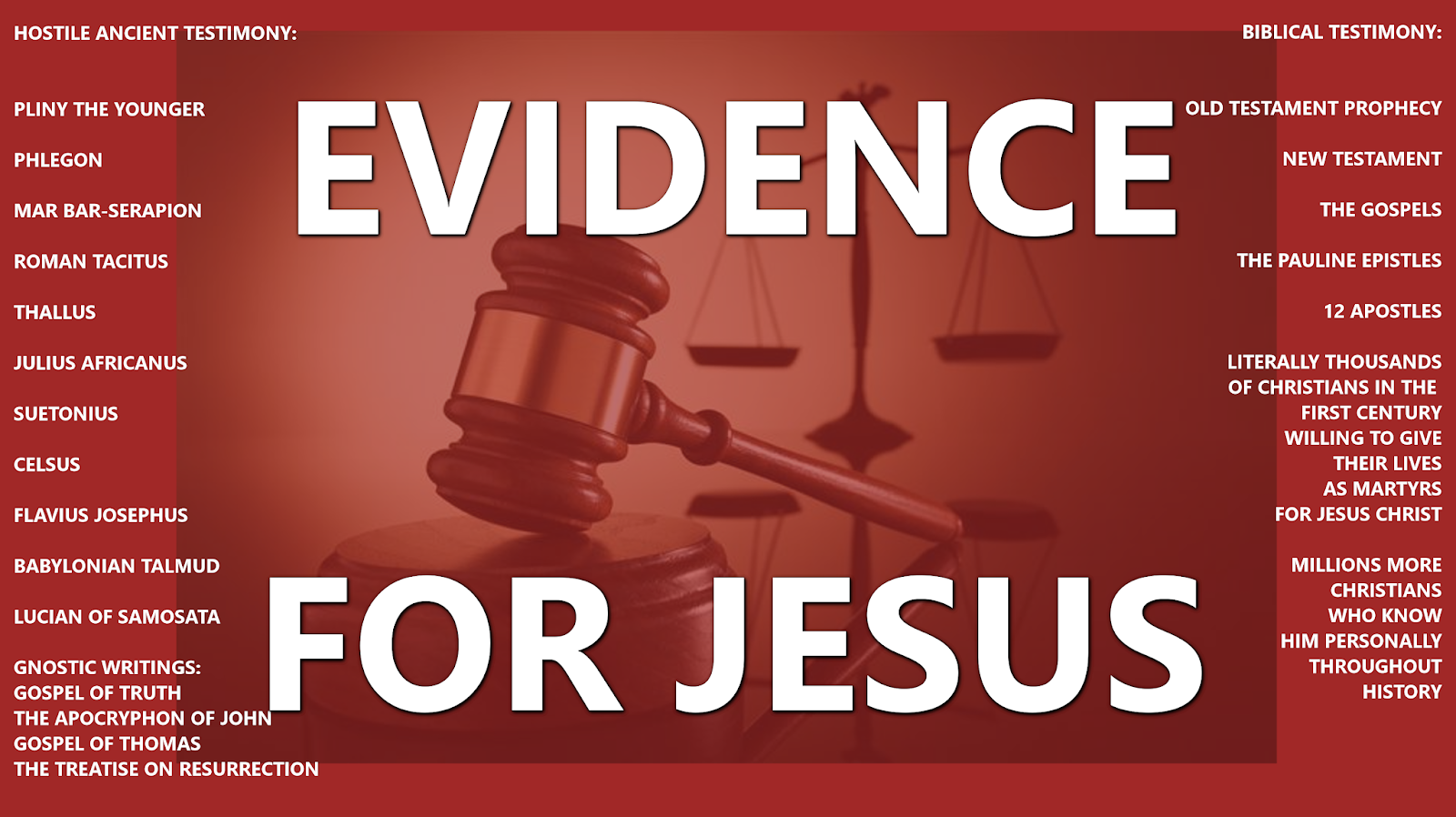
Did the one known as Jesus Christ actually exist?
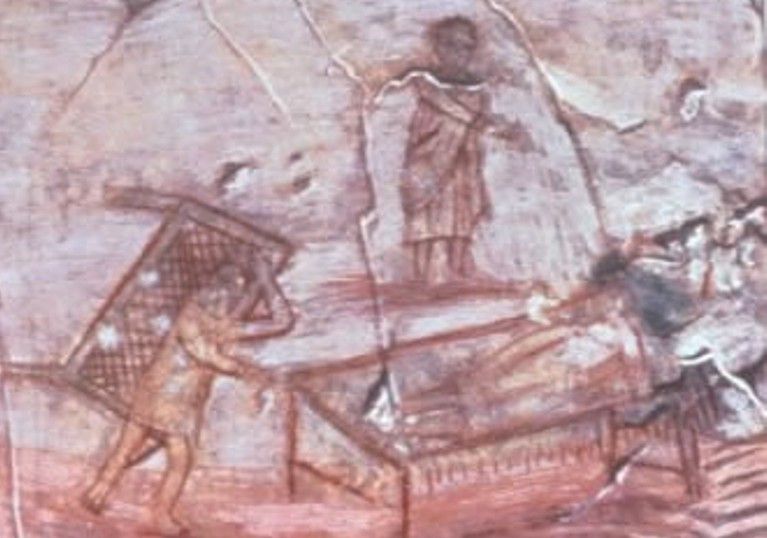
Some skeptics deny various forms of evidence and argue that Jesus was merely an invention. Whether or not the Messiah actually existed is significant because unlike other religions, the one true faith ascribed by Paul in Ephesians, at its foundation is based on Christ. He is the chief cornerstone. Therefore, if He never existed, the faith that the Apostles professed is necessary for salvation is vain. In order to refute the existence of Jesus one must deny solid evidence to the contrary.
The New Testament as a Source of Evidence
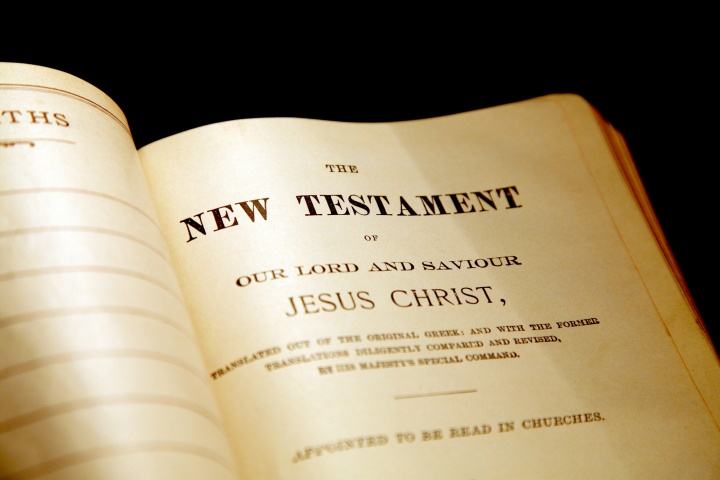
The first and obvious source that substantiates the existence of Jesus is the Holy Bible. Some may haphazardly argue that the Bible cannot be utilized for this purpose. However, it is necessary to consider that 10 of the of the 27 New Testament books were written by individuals who personally accompanied Christ.
Of the remaining New Testament books the Apostle Paul wrote at least 13 of them. Furthermore, all of these books were written within approximately 60 years of Jesus’ death and resurrection. This time period is substantially shorter in comparison to the time period between other significant figures of antiquity and the classical works attributed to the them, and yet the existence of these individuals is rarely doubted.
For example, the Greek philosopher and mathematician Plato (c. 428- c. 348) wrote his Tetrologies around 400 B.C. And yet, the earliest copy of his manuscript in existence was was written in approximately 900 A.D. This is roughly a 1300 year difference. It is accepted that Julius Caesar’s (44-100 B.C.) Gaelic Wars was written in approximately 60 B.C., but the earliest surviving copy was penned around 900 A.D. Or, consider Homer whose actual existence is disputed by some scholars. According to the Greek historian Herodotus, Homer may have lived around 850 B.C. ( Herodotus, Histories 2.53.) It is estimated that Homer’s Iliad was also written about 900 A.D., but the earliest copy of this classical work was written some 500 years later. In contrast to these few remnants there are over 5600 copies of the Greek New Testament manuscripts and thousands more in Syriac, Latin, Coptic, and Aramaic languages thus making it one of the most internally accurate ancient texts known to man.
Non-Biblical Sources:
Non-biblical sources written in close proximity of the time of Christ certainly attest to His existence.
The 1st century historian Flavius Josephus (37-c. 100) confirms the Biblical account of Jesus’ crucifixion. In his pivotal work The Antiquities of the Jews he writes:

“Now there was about this time Jesus, a wise man, if it be lawful to call him a man, for he was a doer of wonderful works, a teacher of such men as receive the truth with pleasure. He drew over to him both many of the Jews, and many of the Gentiles. He was the Christ, and when Pilate, at the suggestion of the principal men among us, had condemned him to the cross, those that loved him at the first did not forsake him; for he appeared to them alive again the third day; as the divine prophets had foretold these and ten thousand other wonderful things concerning him. And the tribe of Christians so named from him are not extinct at this day.”
(Josephus, Flavius. The Works of Flavius Josephus, 1841, p. 613.)
Josephus goes on to write:
“But the younger Ananus who, as we said, received the high priesthood, was of a bold disposition and exceptionally daring; he followed the party of the Sadducees, who are severe in judgment above all the Jews, as we have already shown. As therefore Ananus was of such a disposition, he thought he had now a good opportunity, as Festus was now dead, and Albinus was still on the road; so he assembled a council of judges, and brought before it the brother of Jesus the so-called Christ, whose name was James, together with some others, and having accused them as lawbreakers, he delivered them over to be stoned.”
(Josephus, Flavius. Antiquities of the Jews 20.9.1 1895)
Josephus lived not long after Christ walked the earth. It is evident that Josephus did not believe that Jesus was the Christ, from his description of Him as “the so-called Christ” but Josephus did not suggest that Jesus was some imaginary figure. It should also be considered that other enemies of the Christian faith also acknowledged the existence of Jesus.
For instance, Gaius Suetonius Tranquillus, commonly referred to as Suetonius, (c. 69) wrote biographies of Roman rulers. In his work concerning Claudius, who reigned 41 to 54 AD, Suetonius writes that…”the emperor expelled the Jews from Rome because they, constantly made disturbances at the instigation of Christ (Judaeos impulsore Chresto assidue tumultuantis Roma Expulit)”
(Seutonius. Divus Claudius 25)
In the manuscripts of Suetonius the name Christ appears as “Chrestus”.
This same form of Chrestus was also used by Tacitus in his description of the Christian persecution under Claudius’ nephew and successor Nero. The biographer writes:
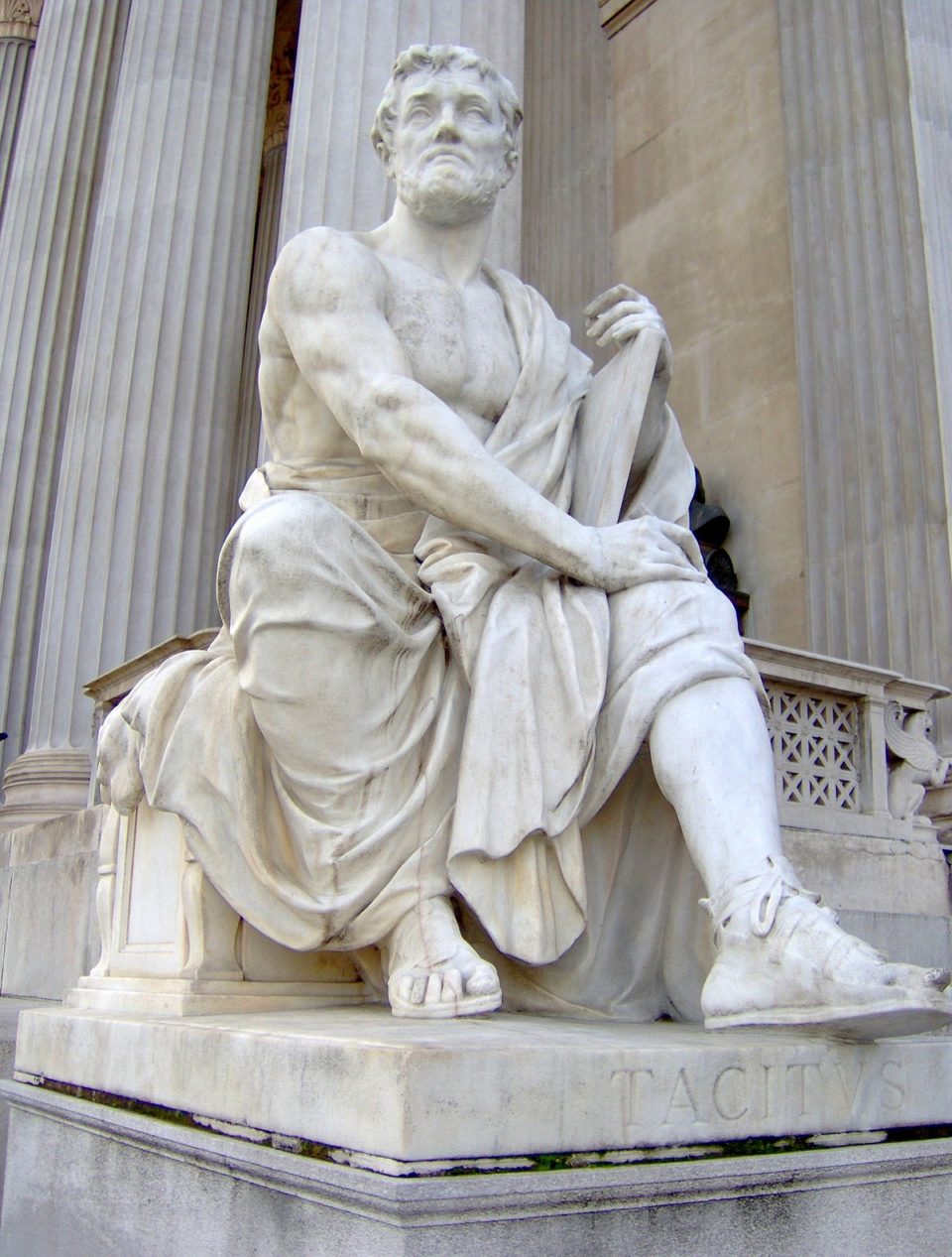
“But not all the relief that could come from man, not all the Bounties that the prince could bestow, nor all the atonements which could be presented to the gods, availed to relieve Nero from the infamy of being believed to have ordered the conflagration, the fire of Rome. Hence to suppress the rumor, he falsely charged with the guilt, and punished Christians, who were hated for their enormities. Christus, the founder of the name, was put to death by Pontius Pilate procurator of Judea in the reign of Tiberius: But the pernicious superstitious, repressed for a a time broke out again, not only through Judea, where the mischief originated, but through the city of Rome also, where all things hideous and shameful from every part of the world find their center and become popular. Accordingly, an arrest was first made of all who pleaded guilty; then, upon their information, an immense multitude was convicted, not so much of the crime of firing the city, as of hatred against mankind.”
(100 Cornelius Tacitus. Annals XV, 44)
The Greek satirist Lucican of Samostate (115) wrote the following concerning Jesus and those who followed Him:
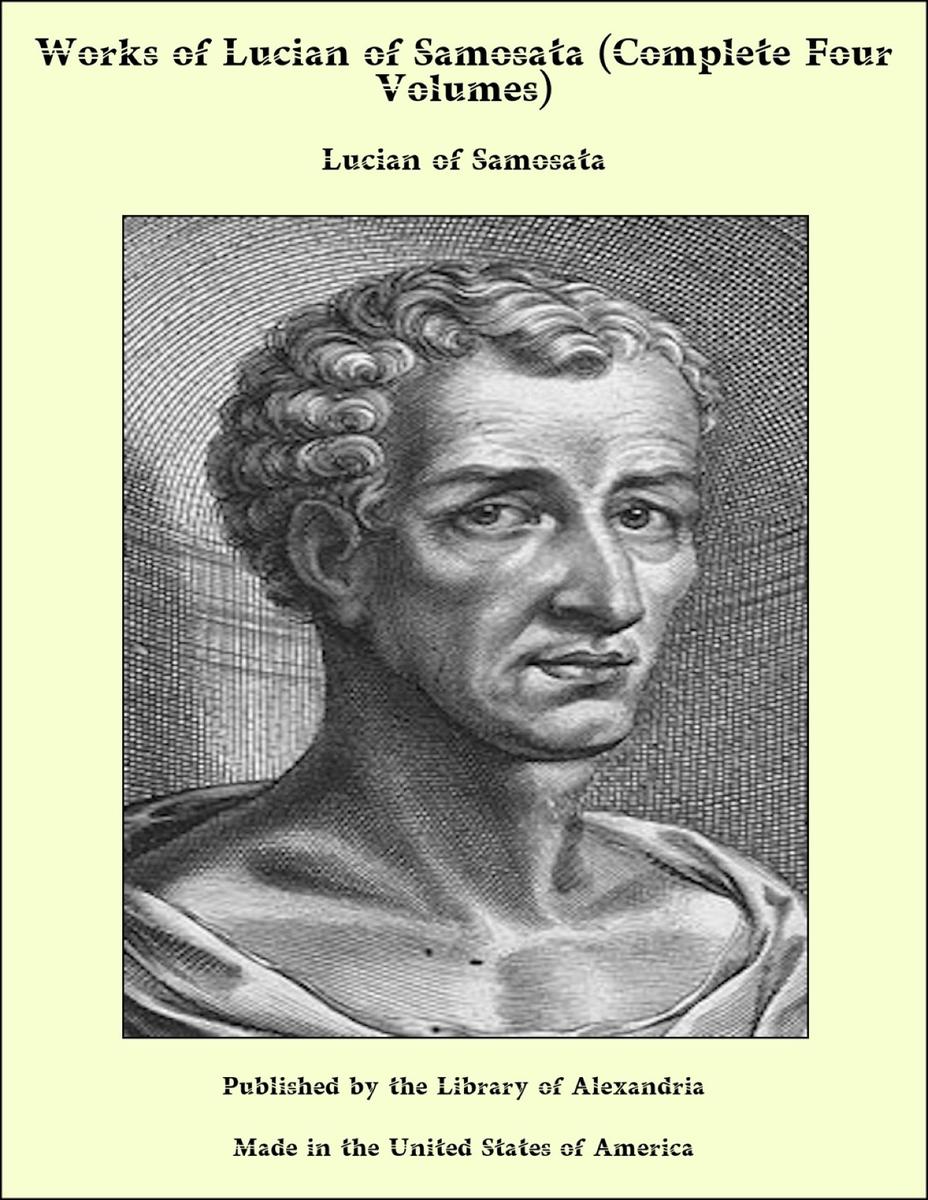
“ He was second only to that one whom they still worship today, the man in Palestine who was crucified because he brought this new form of initiation into the world.” Having convinced themselves that they are immortal and will live forever the poor wretches despise death and most willingly give themselves to it. Moreover, that first lawgiver of theirs persuaded them that they are all brothers the moment they transgress and deny Greek gods and begin worshipping that crucified sophist and living by his laws. They scorn all possessions without distinction and treat them as community property. They accept such things on faith alone, without any evidence. So if a fraudulent and cunning person who knows how to take advantage of a situation comes among them, he can make himself rich in a short time.”
The 2nd Century Greek philosopher and staunch opponent of Christianity Celsus posed one of the first literary attacks against the early faith in True Discourse. He opposed Christianity because he thought it was an incongruous doctrine; he considered Christianity a threat to Rome. But what he did not do was argue that Christianity should not be tolerated because Christ never existed, for such an argument would have been and continues to be illogical.
Or, consider the words of Gaius Plinius Caecillus Secundus (c. 61-112), better known as Pliny the Younger, who in correspondence to Trajan details his persecution of those called Christians in his epistle he writes:

“The who denied that they were or ever had ben Christians, when they swore before me, called on the gods and offered incense and wine to your image (which I had ordered brought in for this [purpose], along with images of the gods), and also cursed Christ (which, it is said, it is impossible to force those who are real Christians to do) I thought worthy to be acquitted. Others names by an informer, said they had been Christians, but now denied [it]; certainly they had been, but had lapsed, some three years ago, some more; and more than one [lit. not nobody] over twenty years ago. These all worshiped both your image and the images of the gods cursed Christ.”
(Pliny to the Emperor Trajan (Letters 10, 96)
Again we have another individual who lived shortly after the death and resurrection of Christ who did not insinuate that Christ never existed. In addition, the faith which Pliny mentioned true Christians possessed should be taken into consideration in regard to the the existence of Christ. Why would those who were totally unfamiliar with the faith of the Hebrews ( the first disciples of Christ), as were they Gentiles, be willing to endure torture and martyrdom for someone who never actually existed? For even specific events surrounding the life of the Messiah are congruent with history.
For instance, Sextus Julius Africans, a historian of the late 2nd century and early 3rd century quotes what Tallus stated concerning an unusual event during the cruxifixction. Africans writes:
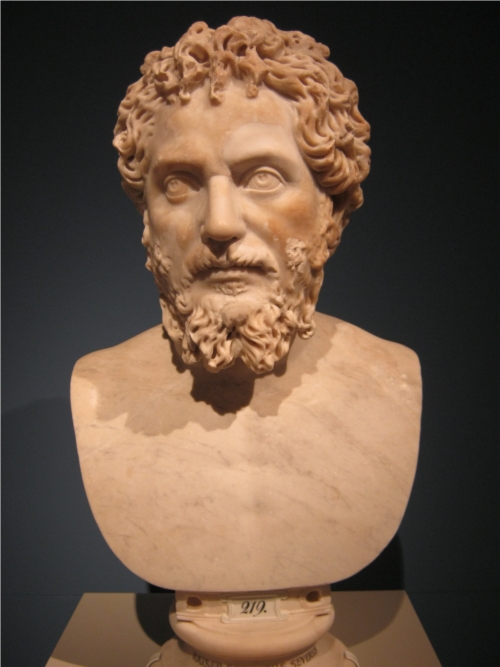
“An eclipse of the sun’s unreasonably, as it seems to me (unreasonably of course, because a solar eclipse could not take place at the time of the full moon, and it was at the season of the Paschal full moon that Christ died.”
(Julius Africanus, Chronography, 18.)
This account may refer to the Gospel of Matthew which reads: “Now from the sixth hour [Noon] there was darkness over all the land unto the ninth hour [3 P.M.] during the crucifixion.” (Matthew 27:45)
It takes very little effort to understand why one who is unlearned in the Holy Scriptures could deny that Jesus is the Messiah, but to argue that Christ never existed is specious. There are simply too many historical account that point to the contrary.
The above text was re-produced from the book “Hair Like Wool, Feet Like Burned Brass” by Elisha J. Israel:
You may purchase the book off of Amazon, here.
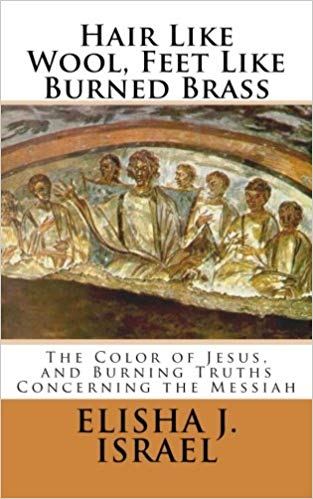
More Stories
PANDEMIC UPDATE: ISRAEL, THE CHURCH OF JESUS!
The Mark of The Beast
Pope prepares for Mark of the Beast with consideration of ‘universal basic wage’